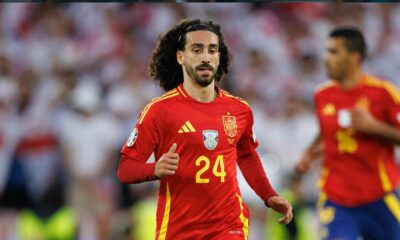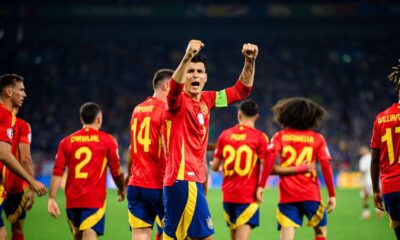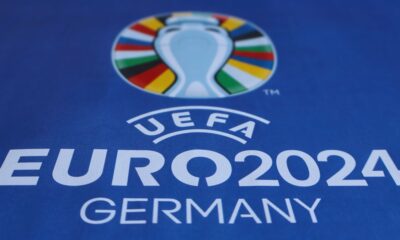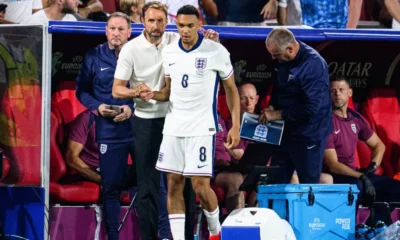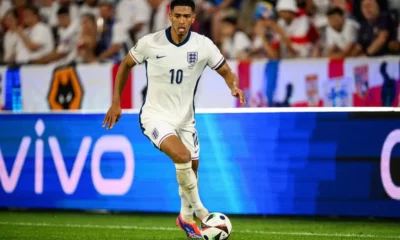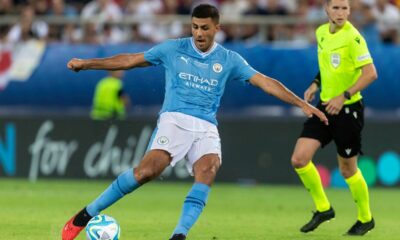Football
The golden generation has left Spain, La Roja will want to succeed in Germany with a team approach
It is 12 years since Spain’s domination of world football ended. Since then, the golden generation of the Spanish national team has slowly passed away and the current one is definitely not of the same quality. Still, La Roja will want to succeed in Germany.
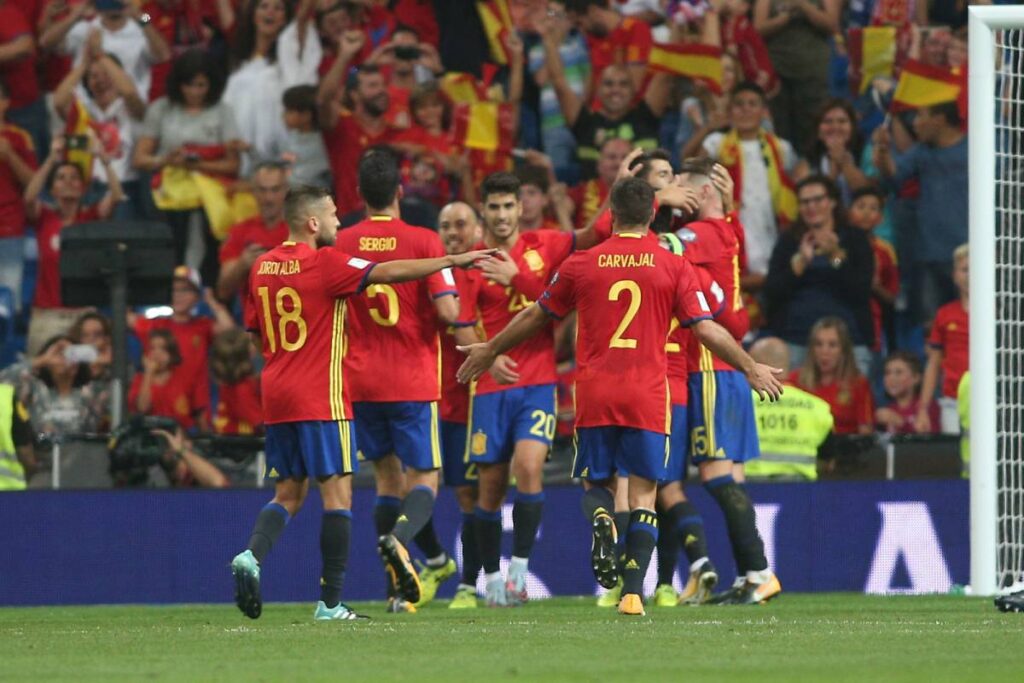
It is 12 years since Spain’s domination of world football ended. Since then, the golden generation of the Spanish national team has slowly passed away and the current one is definitely not of the same quality. Still, La Roja will want to succeed in Germany.
Winner of the 2008 European Championship, winner of the 2010 World Cup and winner of the 2012 European Championship, this is the golden generation of Spain around Iniesta, Xavi, Ramos, Villa and Casillas. But these players have long since left the national jersey and new, younger players have taken their place, but they don’t dominate football as much as their predecessors.
In the qualifiers, there was a shock at the start when the Spaniards lost 0:2 to Scotland in the second match. Since then, however, they have won all their matches and won their group with a four-point lead over the Scots.
Spain’s EURO roster
Looking at coach Luis de la Fuente’s nomination list, the names certainly don’t give the same impression as they did ten years ago. Those who don’t follow Spanish football closely may not even know some of the players.
Looking at the goal, there is not much to go on. Unai Simón will be the number one, David Raya will be the number two and Alex Remiro will be the third goalkeeper.
At right-back, De la Fuente has the experienced Dani Carvajal and Jesus Navas, then Grimaldo and Marc Cucurella will battle it out for the starting line-up on the left. The Leverkusen back, who has had an excellent season, should probably have the upper hand.
At stopper, Real Madrid captain Nacho will probably lead the team, but otherwise it’s probably the weakest part of the lineup. The experienced coach has taken Real Sociedad stopper Robin Le Normand, Athletic central defender Dani Vivian and also Aymeric Laporte to Germany, but he has spent the whole season in Arabia.
A big topic in Spain was the omission of Barcelona’s talented Pau Cubarsí. However, the coach opted for more experienced stoppers, the youngest of whom, Viviano, is 24 years old.
Backup as a strength
The midfield has always been the pride of Spain. Bringing up technical midfielders is a national jewel. This time, too, Barcelona’s Pedri, one of Manchester City’s key players, Rodri, is not missing, Fabián, Mikel Merino, Martin Zubimendi, Álex Baena are available, while Dani Olmo and Fermín López can also play on the flanks.
The middle line should be the team’s biggest strength. The Spaniards have always tried to push through possession and they have great players to do that this time as well.
And the offensive line? Álvaro Morata, the captain of the Spanish national team, will be the number one striker. He will be backed up by Joselu, who has settled into the role of joker perfectly at Real Madrid, and also Ayoze Pérez.
On the flanks, De la Fuente will rely on fast youngsters. Lamine Yamal and Nico Williams should float into the starting line-up. Real Sociedad captain Mikel Oyarzabal will certainly get his space, while Ferran Torres will also get on the pitch.
Ideal line-up
Simón
Carvajal – Nacho – Le Normand – Grimaldo
Rodri – Pedri
Olmo
Yamal – Morata – Williams
Spain’s chances of success
Spain doesn’t have such a strong team this year, but neither did they at the last European Championship, where they reached the semi-finals and lost on penalties to the late winner from Italy.
La Roja will face this team in the group stage in Germany, and will also challenge Croatia and Albania. The Spaniards will therefore have a very difficult group to play in, and will only have to sweat it out to advance.
Source: Spanish national football team, UEFA

